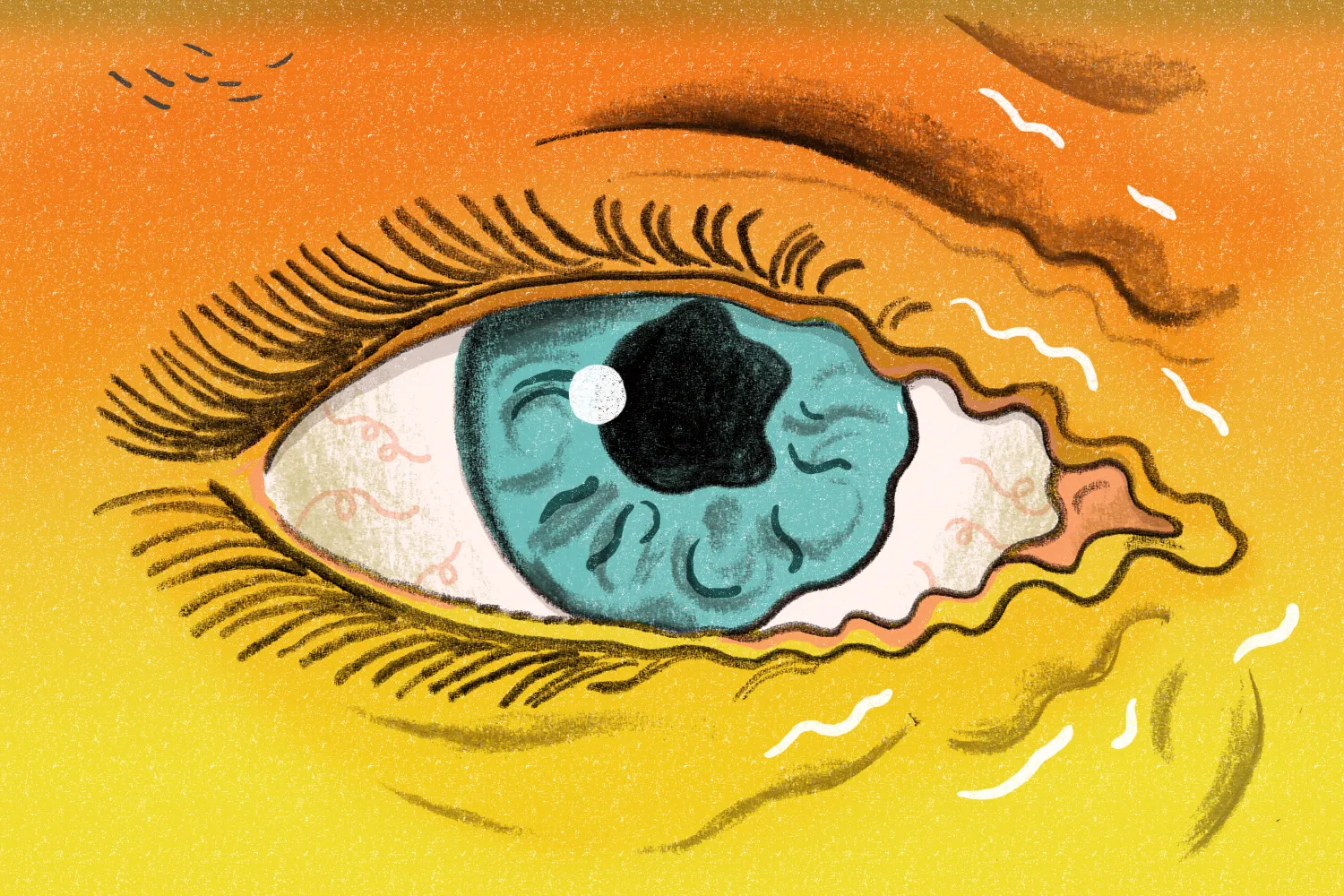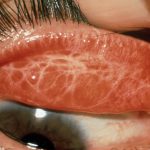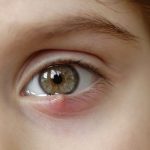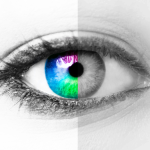
What is twitching eye?
A ‘twitching eye’ or an ‘eye twitch’ are terms that describe muscle spasms in the eyelid. Most of the time these are mild and go away on their own
A twitching eye happens when the muscles in the eyelid contract (spasm) without someone’s control.
What causes twitching eye?
Numerous factors can cause eye twitches, including stress, fatigue, bright lights, irritation of the eye or inner eyelids, smoking, pollution, and excess caffeine or alcohol. These sorts of twitches usually go away on their own.
Eye twitches can remain for longer than a week or become more serious, such as when the eyelid closes for a few seconds, and may be triggered by eye irritations, such as:
- dry eyes
- blepharitis
- entropion (a condition that affects the eyelid)
- injury to the eye surface (cornea)
- conjunctivitis (pink eye)
- uveitis (infection of the eye)
- sensitivity to light
Other causes of troublesome eye twitching are blepharospasm (a movement disorder of the muscles around the eye) and hemifacial spasm (spasm caused by irritation of a facial nerve).
Very rarely, serious eyelid spasms may be a sign of a brain and nerve disorder such as Tourette syndrome, Bell’s palsy, or multiple sclerosis, or a problem with a medication.
How is twitching eye treated?
While most eye twitches are mild and short-lived, it may help to:
- get enough sleep
- rest the eyes
- avoid bright lights (and screens)
- use lubricating eye drops
- manage your stress
- avoid caffeine
If the twitching makes it difficult to keep the eyes open, see your doctor. Depending on the cause, botulinum toxin type A injections (such as Botox) in the muscles surrounding your eye may be given to reduce the spasms.
When should I see my doctor?
While most eye spasms are mild, it’s important to see your doctor if:
- the twitching doesn’t stop for over a week
- the twitching closes your eyelid
- the spasms also happen in other parts of your face or body
- you have droopy eyelids
- your eyes are red, swollen, or discharge (fluid) is oozing from them



